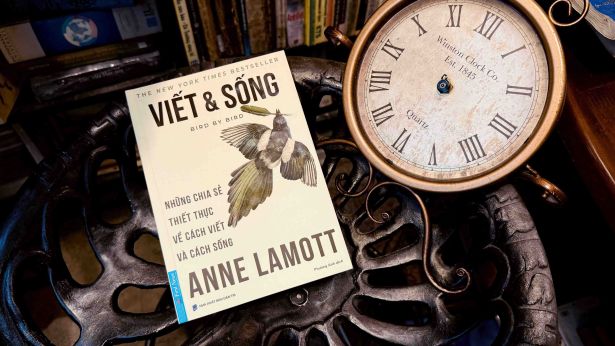 22 Mar, 2021
22 Mar, 2021
Tin CMU
Tuần trước Bộ trưởng bộ Lao động Mĩ Hilda L. Solis tới Carnegie Mellon công bố số tiền $147 triệu đô là trong tài trợ cho phát triển các chiến lược phát kiến để giúp người Mĩ trở lại làm việc. Số tiền tài trợ này sẽ giúp các công nhân không việc làm trở lại làm việc nhanh chóng bằng việc cung cấp dịch vụ đào tạo hiệu quả hơn, tạo điều kiện thuận lợi cho hợp tác ngang qua các ngành công nghiệp, và hội tụ vào các đối tác với những người sử dụng lao động đặc biệt để phát triển các chương trình phản ánh nhu cầu kĩ năng hiện thời và tương lai.
Solis cũng công bố việc có sẵn tới $20 triệu đô la cho vòng tài trợ thứ hai để giúp khuyến khích cách tiếp cận phát kiến tới phát triển lực lượng lao động. Theo mô hình này, các công ti tư nhân sẽ làm đối tác với chính phủ để đầu tư vào các chương trình đào tạo mà là hiệu quả nhất trong đáp ứng với nhu cầu công nghiệp.
Solis lựa chọn Carnegie Mellon để đưa ra thông báo này vì bà thừa nhận thành công của CMU như một trong những đại học đào tạo ra nhà doanh nghiệp tăng trưởng nhanh nhất trên thế giới, đã tạo ra trên 300 công ti mới và 9,000 việc làm trong vài năm qua. Sáng kiến khởi nghiệp của CMU là động cơ chính cho việc tăng tốc tạo ra công ti mới và tạo ra nhiều việc làm hơn bất kì đại học nào khác bởi vì việc đào tạo có tính phát kiến thường biến nghiên cứu của sinh viên thành doanh nghiệp mới.
Ngày nay, Carnegie Mellon nổi tiếng là một trung tâm phát kiến và tinh thần nhà doanh nghiệp. Sinh viên và các thầy giáo trong khoa được hứng khởi để sáng tạo ra công nghệ sẽ làm thay đổi thế giới. Từ phòng kí túc xá tới phòng thí nghiệm, từ doanh nghiệp tới khoa học máy tính, từ người đang học đại học tới các thầy giáo cao cấp trong khoa, CMU khuyến khích nhiều phát kiến và phát triển nhiều nhà doanh nghiệp thành công lần đầu tiên.

—-English version—-
CMU news
Last week U.S. Secretary of Labor Hilda L. Solis came to Carnegie Mellon to announce a $147 million in new grants to develop innovative strategies to help Americans return to work. The grants will help unemployed workers get back to work more quickly by delivering training services more efficiently, facilitating cooperation across industries, and focusing on partnerships with specific employers to develop programs that reflect current and future skill needs.
Solis also announced the availability of up to $20 million through the second round of grants to help encourage an innovative approach to workforce development. Under this model, private companies will partner with the government to invest in training programs that are most effective in meeting the industry demand.
Solis selects Carnegie Mellon to make the announcements because she recognizes CMU’s success as one of the fastest growing entrepreneurial universities in the world, having created over 300 new companies and 9,000 jobs in the last few years. CMU’s Startups initiative is a main engine for accelerating the creation of new companies and create more jobs than any other universities because of the innovative training that often turn students’ research into new businesses.
Today, Carnegie Mellon is known as a center of innovation and entrepreneurship. Students and faculty are inspired to create technologies that will change the world. From dorm rooms to laboratories, from business to computer science, from undergrads to senior faculty, CMU stimulates more innovations and develop many successful first-time entrepreneurs.




 Thông báo
Thông báo














 Quay lại đăng nhập
Quay lại đăng nhập
